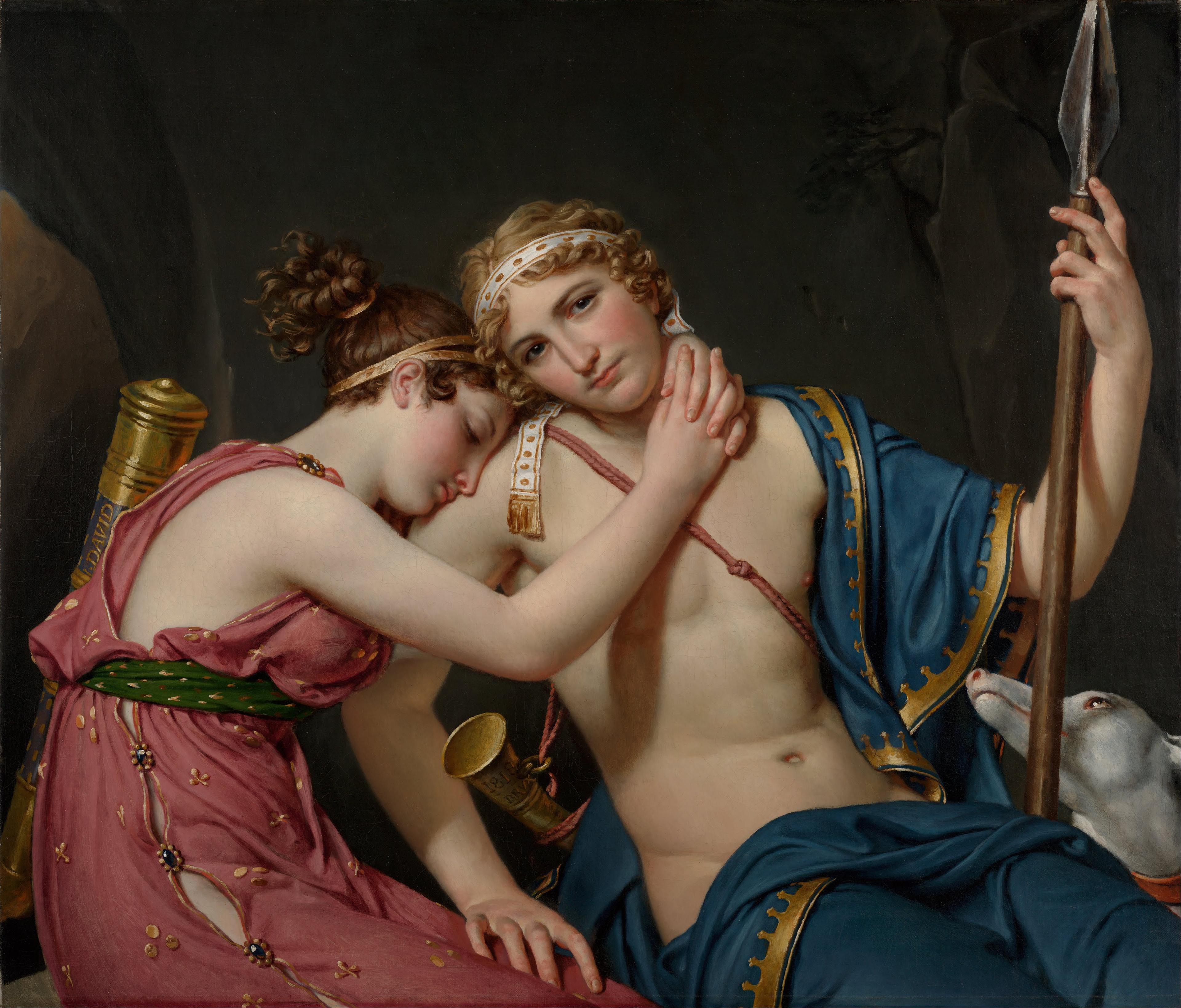
Although I am not young, I often like to cry. When I was a child, I cried when scolded by my parents. After my nose and tears were exhausted, I still felt wronged in my heart. In the end, I couldn't even cry, I could only choke. At different stages of life, I still easily shed tears because of guilt towards my family or the world. Even when I rise up and put on a strong appearance, it is only to accumulate tears for the next time of pain. I cry in my room, in my bed, or in the lake. When I cry, there is only myself, and there are only uncontrollable emotions in my heart. Perhaps this is why primitive customs are so concerned about the heart!
When I was a child, I didn't like listening to the trumpet (suona). At that time, I liked attending weddings but not funerals. We have more "red events" (joyful occasions) than "white events" (funeral occasions) here. That's because there are sweets to eat at red events, and there will definitely be caramelized sugar. The more important reason is that I always feel like I'm eating the flesh of the dead at white events. Whenever someone dies, we go to have a big feast, and it always feels that way. And the offerings placed in front of the mourning hall make me feel like I want to eat something extraordinary. On the night before the funeral, we used to make two long fire dragons with reeds (I only remember they were very long), and dozens of people would carry them and light them on fire, walking towards the crossroads at the village entrance. At the crossroads, we would pour a bucket of something similar to dumplings on the ground. Once, when someone was making this kind of offering, they asked me if I wanted to eat it, but I didn't dare. However, many years later, I no longer have that nauseous feeling. I only remember the trumpets at funerals.
"The Song of the Phoenix" is indeed beautiful, but this kind of piece is only played at joyful occasions. Joyful occasions can bring both happiness and sorrow. For example, the person being secretly admired by someone may not like it, and someone who can't find a wife may not like it, and so on. But if it's a funeral, even enemies will feel a kind of sadness. At joyful occasions, not only "The Song of the White Phoenix" is played, but also many cheerful tunes. However, there are very few tunes played at funerals. In my memory, there are only two commonly used melodies, with very simple rhythms. When it's time to send off the deceased, people around come out to watch. People of a certain age will have some emotions, and older people will wipe away their tears, especially some women and old mothers. People around will definitely discuss this deceased person and how they lived their life. When they hear the trumpet playing at the funeral, they sigh with sadness.
Shakespeare once said, "When we are born, we cry that we are come to this great stage of fools." I really like this sentence. We cry because of the great stage of fools, but isn't crying itself a manifestation of emotions? Crying itself reflects another great power that exists in the human heart, a power that opposes the power of fools. Desire is not evil, it's just that desire without emotions is often like a sailboat that cannot change direction, eventually running aground on the shore. My life floats in desire, indulging in sex, craving vanity, and indulging in the desires of the mouth and stomach. This world becomes ugly and difficult to survive because of the overflow of various desires in human nature. This is not the fault of desire, just as water flows downwards and a ship without a compass loses its direction, and a mountain without support rolls down. Desire is like a wanderer longing to return home, but only eternal homesickness remains. The so-called melancholy souls are only separated by parting. Emotions discover eternity in another dimension, and even desires flow freely for it. From this perspective, the old country and the old capital are seen as flowing freely.
Is emotion a type of desire? Desire is like a wanderer who hasn't returned home, but emotion hopes to maintain this state, just like "May we all live long and share the beauty of the moonlight even if we are a thousand miles apart." The broadest sense of desire, I think, is to achieve another state of satisfaction. When this state of satisfaction equals desire itself, perhaps this is the limit!
I see that people like to talk about desire more, knowing that the world is bustling for profit, and everyone is busy pursuing their own interests. But it seems that there is not enough attention given to emotions. I personally think that this is easy to lead to decadence, so I want to talk about crying to make people remember that feeling.